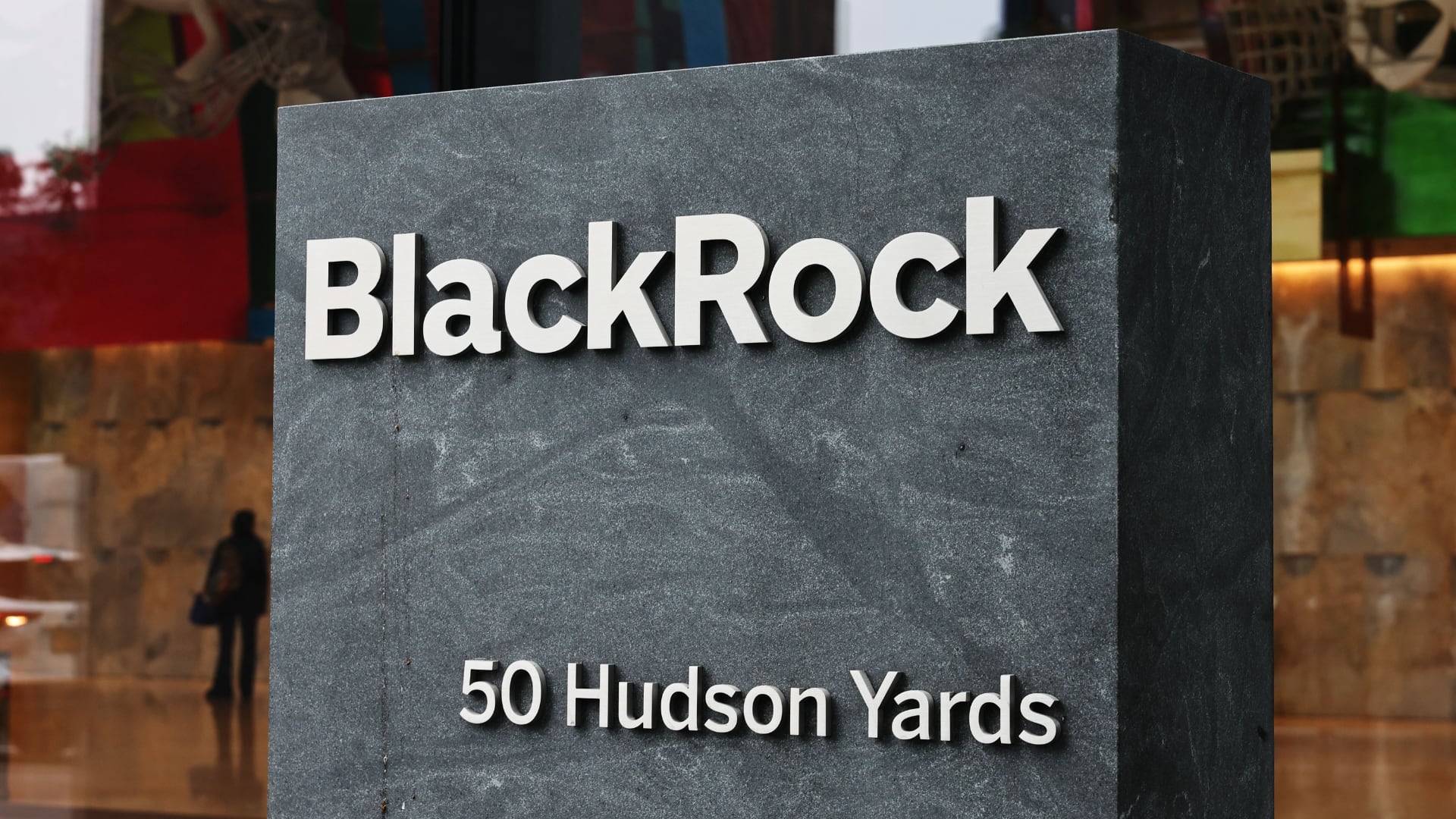Nearly a year after the second deadly crash of a Boeing 737 Max jet, the fastest-selling airplane in Boeing's history remains grounded. Consumer advocate Ralph Nader, whose grandniece was killed in that disaster, said that even once the plane makes it back to the skies, he won't fly in it.
"Anytime when you have excessive automation taking the plane's control away from the pilots, passengers have got to be very concerned with that," he told Cheddar on Monday. "One of the problems with all of these new planes is excessive automation."
Automation is, at least in part, to blame for the Lion Air crash that killed 189 and the Ethiopian Airlines crash that claimed 157 lives.
The Maneuvering Characteristics Augmentation System (MCAS) has been cited as one of the main factors both planes crashed. A new report about the March 10, 2019, Ethiopian Airlines flight that prompted the plane's grounding showed design flaws accounted for the catastrophic failure, not pilot error or airline performance.
But Nader said the glitches aren't the only problems he's concerned about. "More and more problems beyond the MCAS software glitch and snitch have emerged," he said.
He said Boeing contributing to Congressional campaigns, "freebies all the airlines give to senators and representatives," and cuts to Federal Aviation Administration budgets contributed to the regulatory agency's decision to shift certification to Boeing, itself.
The FAA came under scrutiny when, following the crashes, it became public that the agency had delegated responsibility to the company for testing the jet.
"It went from a regulatory agency to a delegating agency," he said. "Now they gotta pull it all back."
In the meantime, the jet remains grounded and Boeing stands to lose an estimated $18 billion while the plane's timeline for return remains unclear.












